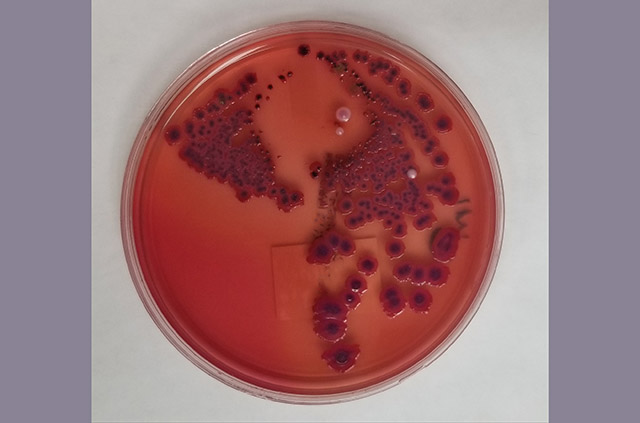According to a recent advisory from the Philadelphia Department of Health, there has been a significant increase in cases of Shigella, an antibiotic-resistant bacterial infection, particularly among Philadelphia’s homeless population and individuals who use opioids. In October and November of last year, city health officials reported a total of 80 cases, including 12 children who were infected. This is a stark contrast to the fewer than 10 cases reported per month from January through September of the same year.
Shigella is a highly contagious germ that causes symptoms such as bloody diarrhea, fever, and stomach pain. It spreads from person to person when small amounts of fecal matter are ingested, commonly through poor hand hygiene after using the bathroom, during sexual contact, or by consuming contaminated water. Individuals experiencing homelessness and lacking access to clean bathrooms are particularly susceptible to Shigella infections.
While some infected patients can recover without treatment, severe cases require antibiotic drugs, and in some instances, Shigella can be fatal. Alarmingly, the Centers for Disease Control and Prevention (CDC) previously issued a warning about the emergence of Shigella strains that are resistant to antibiotics. Although Philadelphia has not yet detected these highly resistant strains locally, lab testing indicates that many traditional antibiotics used to treat Shigella infections are becoming less effective.
David Hyun, the director of the antibiotic resistance project at Pew Charitable Trusts, explains that health care providers can no longer rely on certain common and easily accessible antibiotics. This changing pattern of resistance has been gradually increasing, posing a significant challenge in managing and treating Shigella infections. Richard Ebright, a microbiologist at Rutgers University, emphasizes that this is not the typical food poisoning experience but rather a much more severe and concerning infection.
To mitigate the spread of Shigella, health officials strongly emphasize the importance of proper hand hygiene, including thorough handwashing with soap after using the bathroom and before handling food. Additionally, individuals who have been infected with Shigella should refrain from engaging in sexual activities for at least two weeks or use condoms to prevent transmission.
The increasing prevalence of antibiotic-resistant Shigella infections among Philadelphia’s homeless population and individuals who use opioids highlights the urgent need for comprehensive public health interventions. Efforts to improve access to clean bathrooms, educate communities about proper hygiene practices, and develop new treatment strategies are essential in combatting this growing public health concern.
*Note:
1. Source: Coherent Market Insights, Public sources, Desk research
2. We have leveraged AI tools to mine information and compile it




